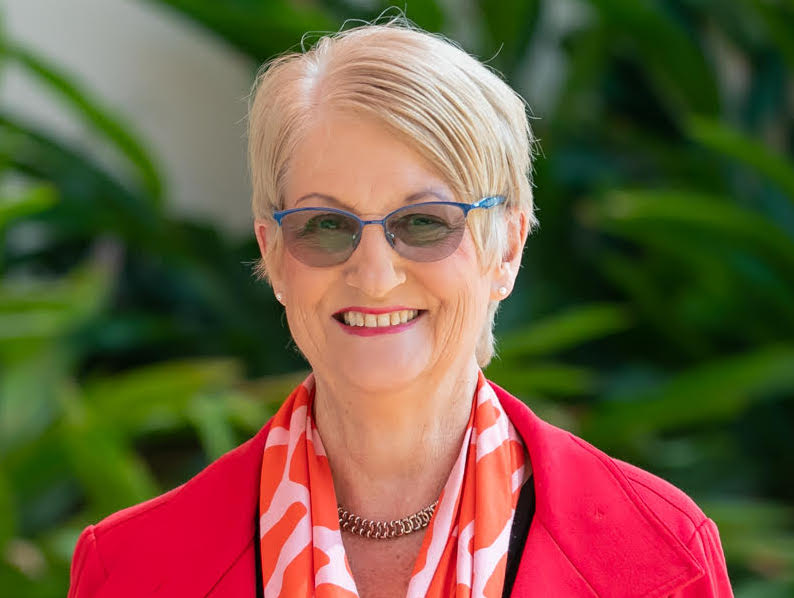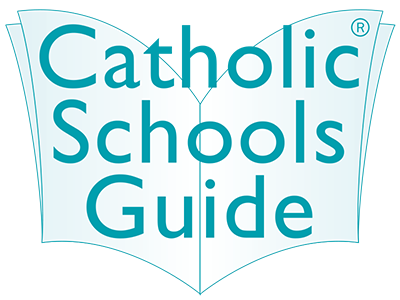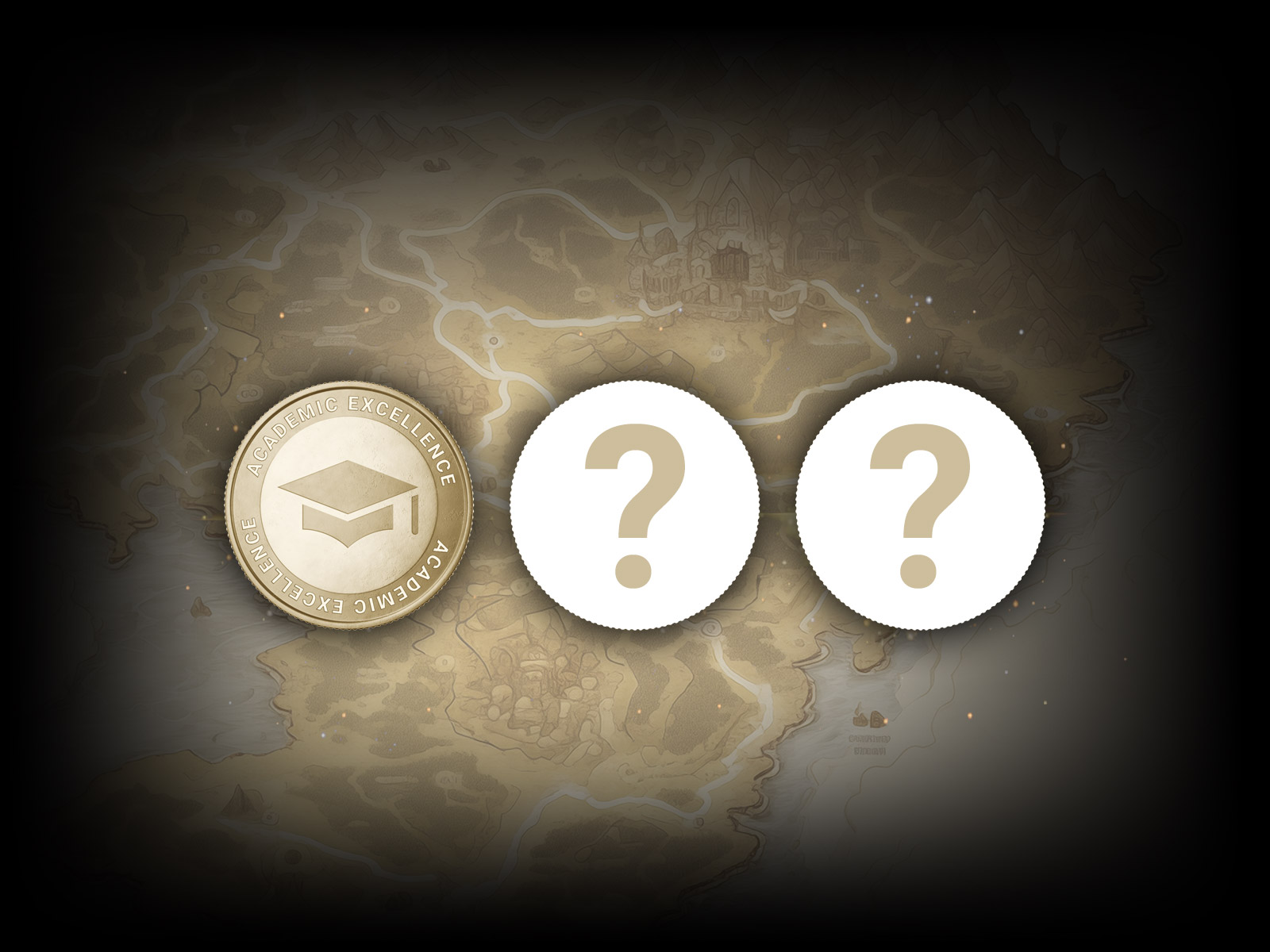News and Media

Education – A Compelling Compass!
By Ann Rebgetz
President, Catholic Secondary Principals Australia (CaSPA)
Massive automation comes with artificial intelligence, robotization, virtual and augmented realities – this means the following 21st century skills are imperative. Given the reports that have been released, such as the “Looking to the Future – Report into Senior Secondary Pathways Into Work, Further Education and Training (Education Council, Professor Peter Shergold – Chair, June 2020), we take note of the recommendations, particularly the following: Recommendation 5 (p.20) states that Senior Secondary Education requirements and the way learning is packaged should be restructured so that students are not presented with a binary choice between vocational and higher education pathways. As quoted in the Report, John Dewey (Radio 1940s) – “we must prepare our children not for the world of the past, not for our world, but for their world, the world of the future.” How many schools are non binary in their approach and place equal emphasis and resources around their structure?
In addition, we note the importance of the effect of living in times of global challenge – the Pandemic, climate change, extreme weather, energy usage, cyber attacks, massive technological change racing ahead of the law, conflict and migration, biodiversity loss and extinction, gender, racial, disability gaps, erosion of social cohesion. It is through education that the world can advance human rights. This entails building the capabilities that make students autonomous and ethical thinkers and doers. It means equipping them to collaborate with others and developing their agency, responsibility, empathy, critical and creative thinking, alongside a full range of social and emotional skills. As noted by the OECD (Better Policies for Better Lives), it means developing student agency, along with co-agency with peers, teachers, parents, carers and communities to navigate the world, to enhance wellbeing.
As Antonio Guterres says:
“Education is the key to personal development and the future of societies, it unlocks opportunities, and narrows inequalities. It is the bedrock of informed, tolerant societies, and a primary driver of sustainable development.”
This is the call from Antonio Guterres Secretary of the United Nations, it is the call from UNESCO. It is the call to guide us in our future. It is the call to all educators, inherent to our role as Catholic educators. Cooperation, collaboration and solidarity must be at the centre of our teaching – this is the challenge of the equity gap.
UNESCO argues as a society, solidarity, compassion, ethics and empathy should be ingrained in how we learn – this is central to Catholic Social Teaching. Teaching should be focused on unlearning bias, prejudice and divisiveness and feeling empathy – this is the ability to attend to others and feel with them. Assessment needs to be based around solving real problems. Students need to be competent in STEM technologies and embrace artistic and cultural expression. Curiosity is a driver, as Professor Pasi Salzburg urges, we need to nurture the society of tomorrow. Global competencies are the new imperative.
As the United Nations Leader has pointed out – education is fast becoming “a great divider”, noting that some 70 per cent of 10-year-olds in poor countries are unable to read and are “barely learning”. With access to the best resources, schools and universities, the rich get the best jobs, while the poor – especially girls – displaced people, and students with disabilities, face huge obstacles to getting the qualifications that could change their lives.
As Catholic educators this is the drive for the future! As President of CaSPA, our Association is privileged to be able to strive for advocacy, in unity and service to these goals. We need to create a more sustainable, inclusive, just and peaceful world. Creative solutions is the call to our students, making our education transformational and providing them with a strong compass for the future.

